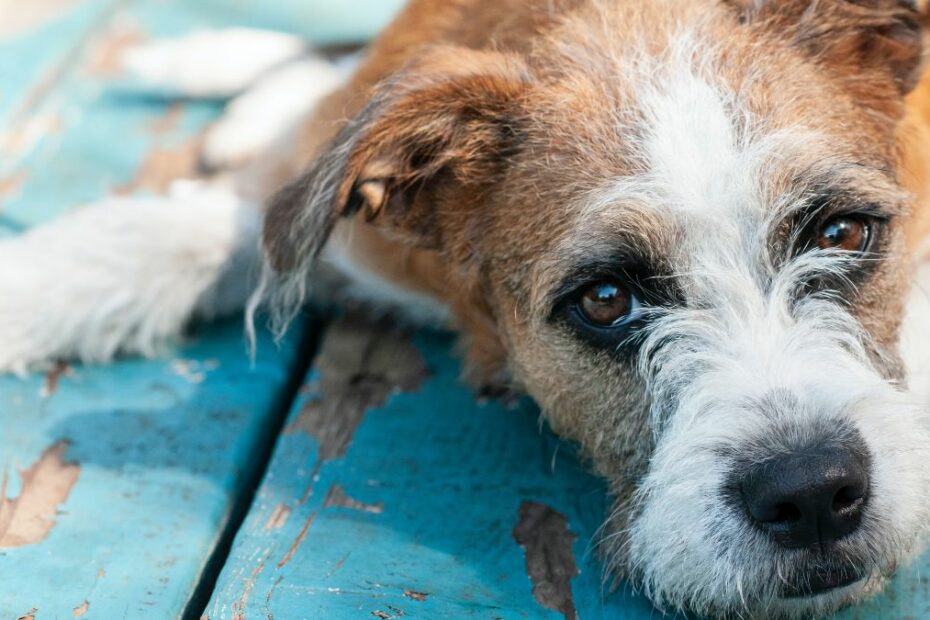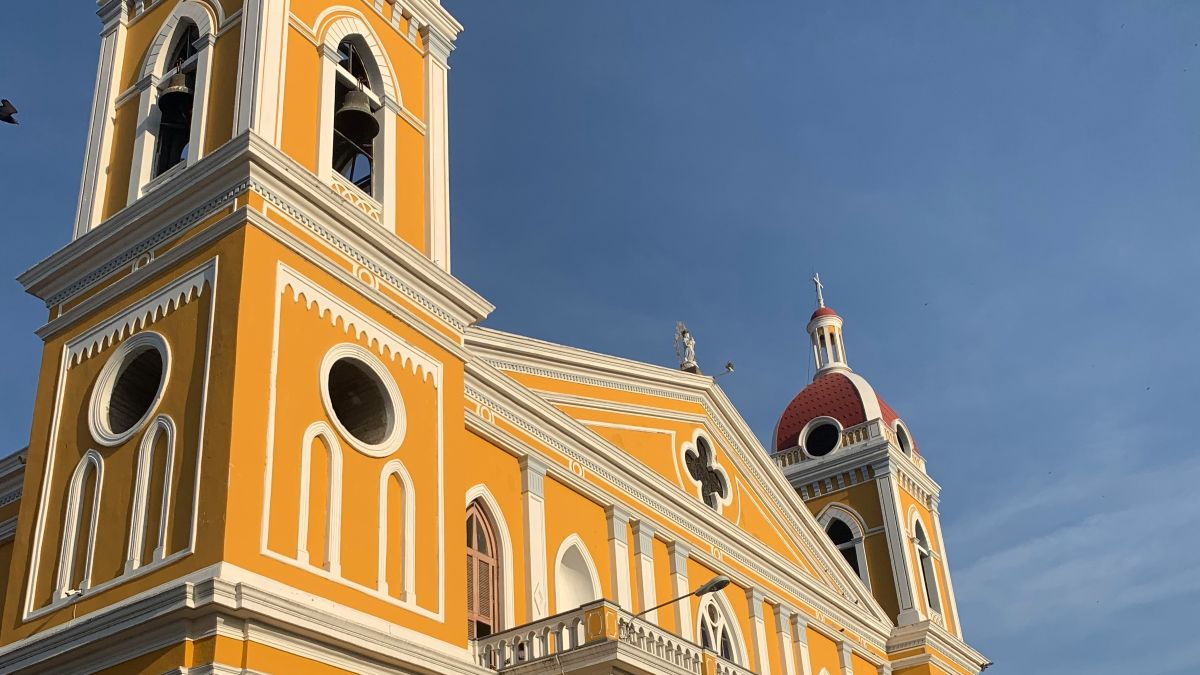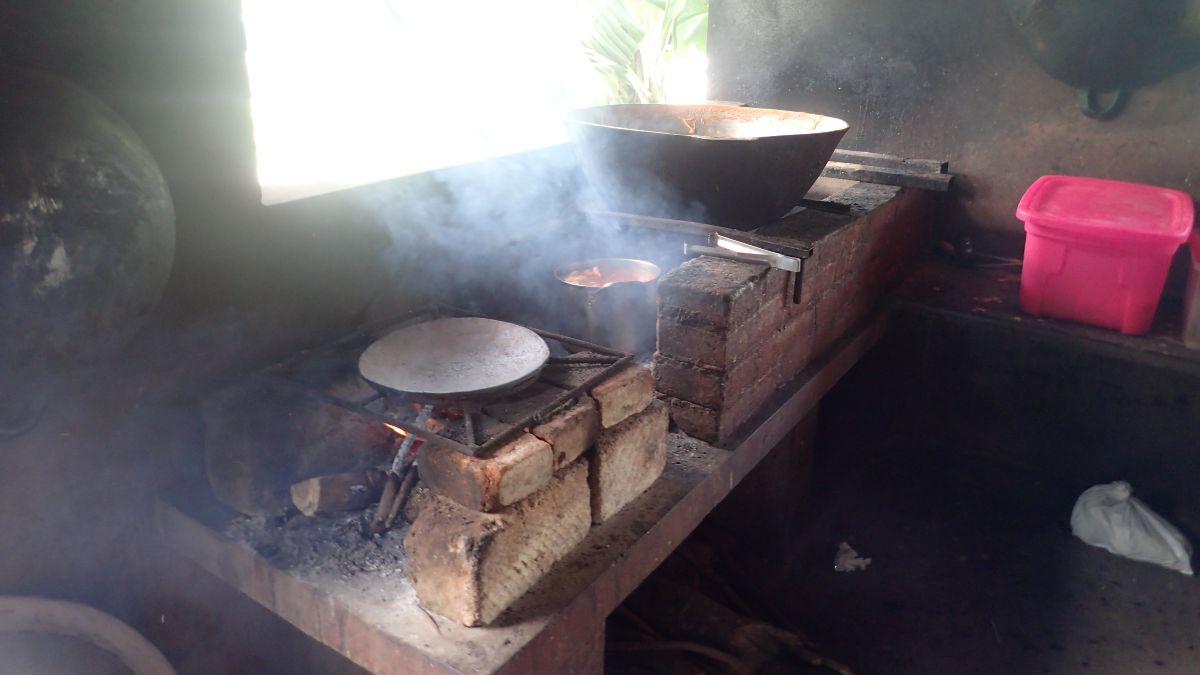One of the sadder sights in Central America are all the abandoned pets you see. But people are uniting in the cause of animal rescue in Nicaragua. Here’s a brief look at how to help in San Juan del Sur, highlighting the fabulous SOS Animales Nicaragua.
Typical for a poor, developing country, a surplus of abandoned, loose, and stray animals in Nicaragua is a common and sad sight. You won’t be here long before you notice all the dogs in the streets. What might surprise you, is that of these four-legged foragers have owners.
View this post on Instagram
The suffering of dogs and cats in Nicaragua
Many Nicaraguans believe in a more “free-range” lifestyle for their pets. A lot of dogs have to fend for themselves with most of their meals coming from trash cans or scraps from the table. Many dogs are skinny, not only lacking food, but also proper healthcare. Tick-borne diseases run rampant in Nicaragua and are the leading cause of death in dogs, according to a local vet here in San Juan del Sur.
Cats are low on the animal totem pole in Nicaragua. In fact, cat ownership is a relatively new concept here. Many Nicaraguans find them to be dirty pests, who creep into homes and steal food. They’re the brunt of many superstitions, too. Common beliefs are that cats can pass venereal diseases to humans, or rubbing your eyes after touching a cat can make you go blind.
Cats are also rapid breeders, which makes them less desirable and more of a problem.
View this post on Instagram
Poverty and lack of education breeds neglect
One downside to the free-range lifestyle is that Nicaragua is, literally, is an animal breeding ground. You can often, um, see this breeding in action as you pass by on the street. Pet neutering is not part of the culture, although that’s starting to change.
The average salary in Nicaragua is less than $500 per month. That makes veterinary care expensive for the typical Nicaraguan family. Also, most families are lucky if they own a single motorcycle, so even if they have the money, getting their pet to a veterinarian isn’t easy or cheap unless they’re within walking distance. It’s important, therefore, to not judge people for the condition of animals, but rather to help instead.
As an expat in Nicaragua, it’s not uncommon to receive a litter of kittens as a “gift”. That’s to say, you come home to find a litter of kittens on your property. It’s also common to discover a box of tiny kittens tossed out next to the trash, left to starve to death.
For most gringos, this is horrific, so we take in the tiny souls, searching for kitten bottles and formula. Then, once old enough, we try to find forever homes for them.
View this post on Instagram
SOS Animales Nicaragua: Leaders in the cause of animal rescue in Nicaragua
Also in San Juan del Sur is SOS Animales Nicaragua. This group is a lifeline in the area, devoted to helping sick and hungry dogs in San Juan del Sur, Rivas, Maderas, and elsewhere on the southern Pacific coast. They set up various fundraising events, help to educate children about animal welfare, run neutering programs, rescue and relief services, and much more.
On this Valentine’s Day, they deserve a shout-out and recognition. If you’re able to support them in any way, whether you’re in Nicaragua, or elsewhere, please do.
And they’re also hiring right now – looking for community outreach manager with a passion for animal welfare. Feel free to contact them about this if you’re in San Juan del Sur and looking for something meaningful and fulfilling to get involved in.
With so few humane society-type places in Nicaragua, organizations like SOS Animales Nicaragua are indispensable.
View this post on Instagram




